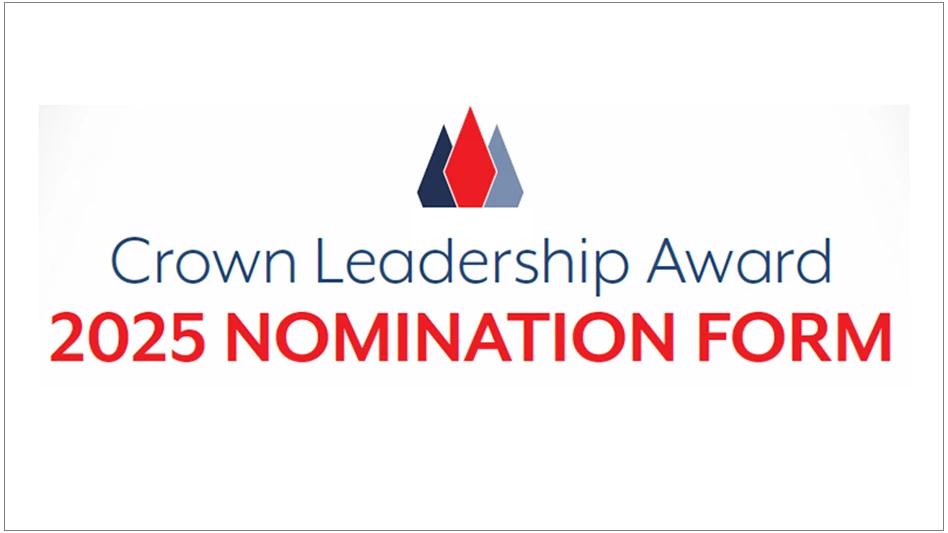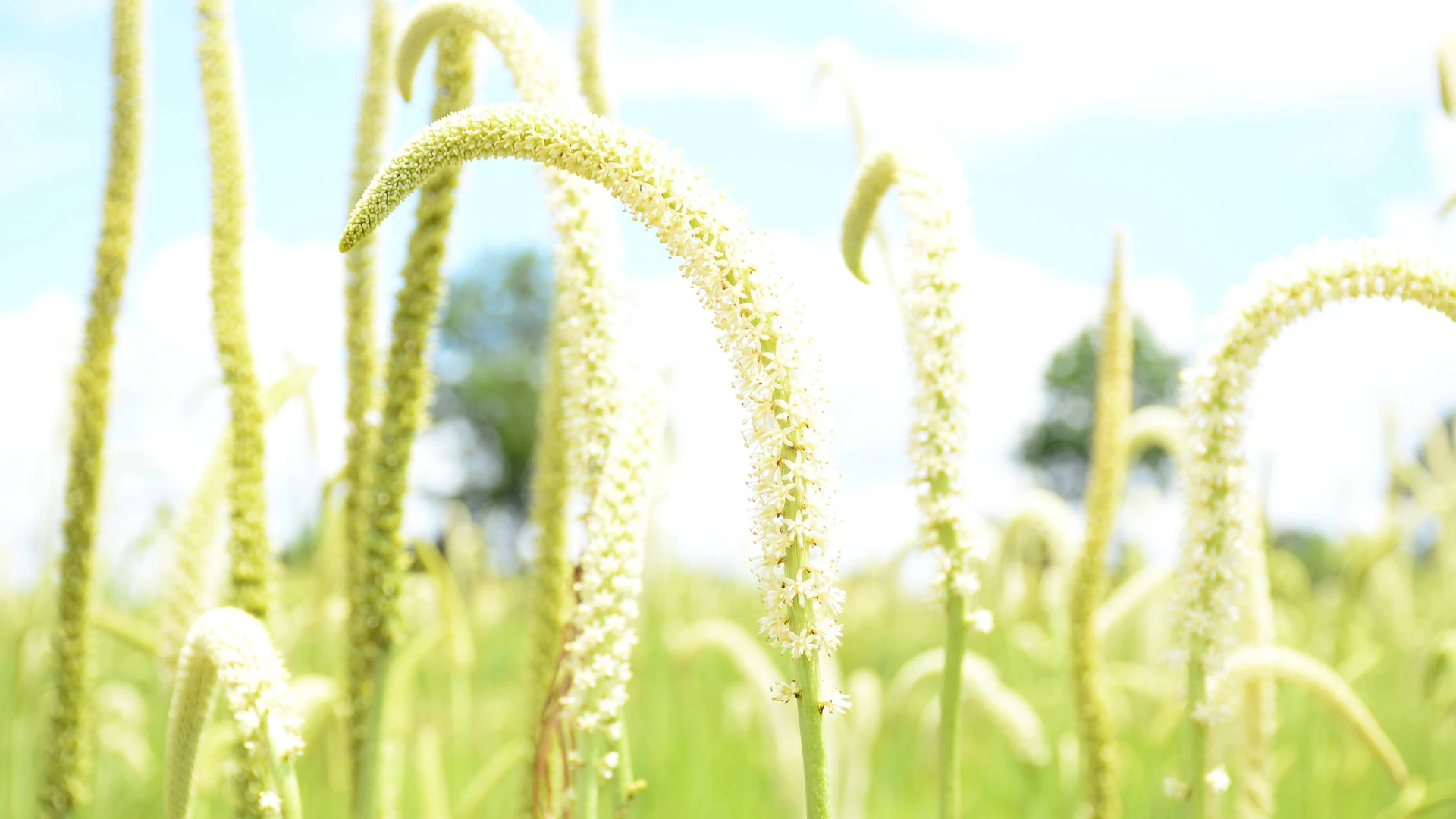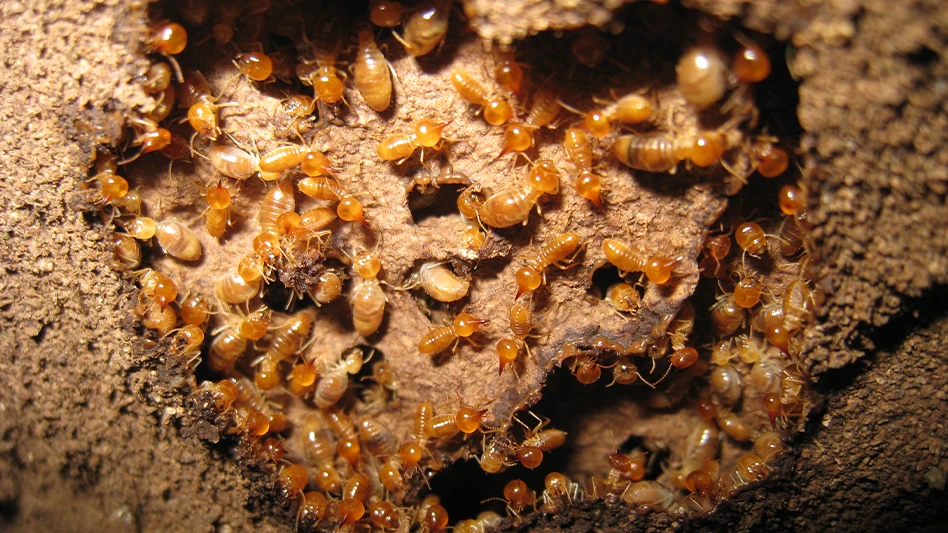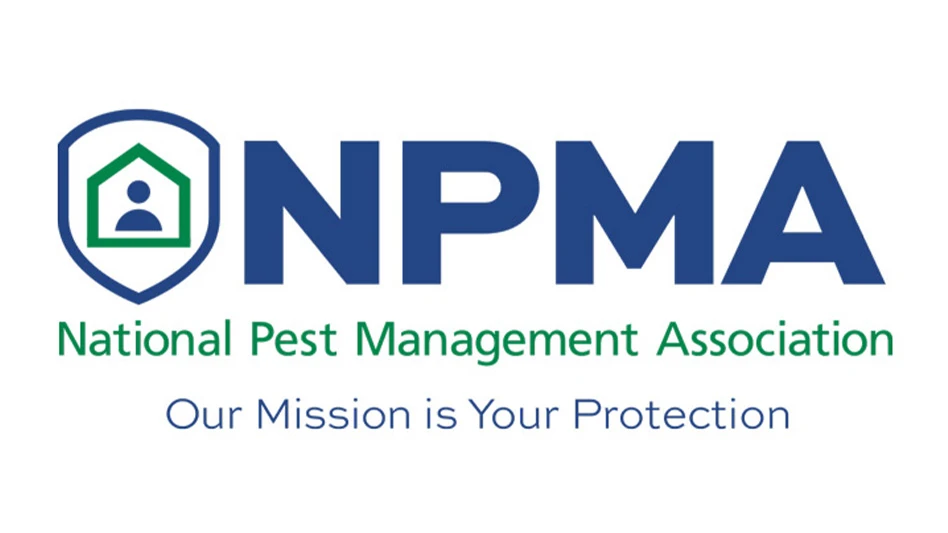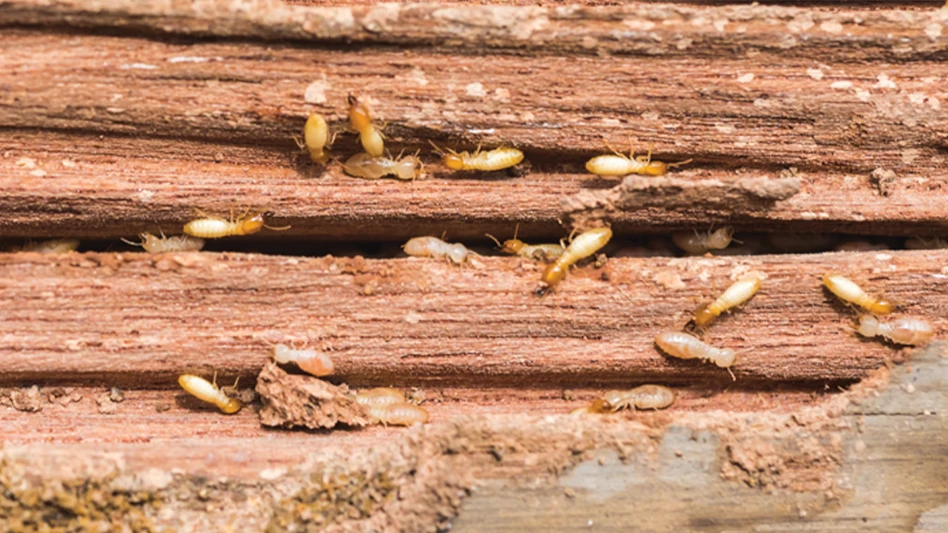
CLEVELAND, Ohio – In a preemptive shot across the bow of two of its rivals, BASF has filed separate patent-infringement lawsuits against Cheminova A/S and Makhteshim Agan of North America, and with its U.S. subsidiary Control Solutions, Inc.
According to the complaint – which was filed in U.S. District Court in North Carolina on April 8 – allowing the sale of fipronil by the two companies would “inflict irreparable and irreversible harm” and cause BASF “to suffer lost market share, price erosion and damage to the goodwill and reputation” of the company. The court documents also state, “These losses are to recapture and impossible to quantify and may affect sales and relationships relating to non-fipronil based products.”
 Nevin McDougall, BASF Group Vice President, North America Nevin McDougall, BASF Group Vice President, North America |
Nevin McDougall, BASF Group Vice President, North America Crop Protection, said the company’s recent actions were prompted by “some pretty clear evidence over the last six to 10 months of the intention for both parties to infringe on our patents through a number of means,” including customer contacts and regulatory filings. As a result, he said, “we’ve had to take this to the next level.”
“BASF, a leading provider of pest control products and the technology to develop and apply them, is committed to vigorously protecting its intellectual property and innovation investments,” added Markus Heldt, president of BASF’s Crop Protection Division. “After efforts to secure assurances from both Makhteshim and Cheminova that they will not infringe the fipronil patents filed, BASF decided to enforce its rights by filing these lawsuits.”
As part of the action, BASF is seeking injunctions against the two companies, which would immediately prevent the sale and application of fipronil-based products that infringe on BASF’s patented technologies. While no court date has been set, McDougall said the company is optimistic BASF will receive a “favorable ruling” upon presenting its case. Bayer CropScience, which exclusively licenses two of the patents to BASF, also is named as an additional plaintiff in the suits.
At the center of the litigation are several fipronil-related patents, one of which is set to expire in August, which covers the actual chemical. In a recent interview with PCT magazine, McDougall said it is “public knowledge” that the “compound patent” for fipronil expires in August, but BASF has “a large family of additional patents for the fipronil molecule related to manufacturing processes (and) use applications that provide a much broader spectrum of patent coverage for the fipronil molecule and ultimately the Termidor brand.” The two manufacturing process patents expire in 2023 and 2025, respectively, while the method-of-use patents expire in 2017, according to court documents.
Termidor, BASF’s flagship termiticide, generates more than $75 million in annual revenues, representing approximately 35 percent of the U.S. termite control market. More than 4 million structures have been treated with the non-repellent termiticide since it was introduced to the pest control industry 10 years ago.
As a result, there’s a lot at stake in any litigation relating to the future of fipronil. “This will be a battle,” observed one longtime industry observer. “I think the most interesting part of this to watch is whether the case is strong enough that a judge would file an immediate injunction.”
Cheminova President and CEO Martin Petersen said the Denmark-based company is “very respectful” of patents. “We know the patent landscape for this molecule and … we are very confident we are not in infringement, nor in imminent infringement, of any applicable patents.”
 Mark Boyd, president of Control Solutions, Inc. Mark Boyd, president of Control Solutions, Inc. |
Mark Boyd, president of Control Solutions, Inc. (CSI), called the lawsuit frivolous. “CSI cannot possibly have violated anything since we have never sold any fipronil,” he said. “We are quite curious why BASF sees CSI as such a big threat. Molecules come off patent every year and companies like BASF file frivolous lawsuits to harass (the) competition.”
Although the company’s next steps are yet to be determined, Boyd said, “Makhteshim/CSI would not move forward unless we were very confident of our legal position. This is not our first ‘rodeo.’”
Like Cheminova and Makhteshim, BASF is optimistic about the outcome of any future litigation. “We’re fully confident that those patents will be upheld,” McDougall said. “Otherwise we would not take this sort of action.”
Visit PCTOnline for additional coverage as this story develops.
The author is publisher of PCT magazine.
Latest from Pest Control Technology
- Dallas-Ft. Worth Tops Terminix's Pest Cities for U.S. Businesses List
- AI Insect Identification Explained
- Nominations Open for NPMA’s 2025 Impact Awards for Women in Pest Management
- Pest Index Increased 9 Percent YOY in November
- Pete Schopen on Centering AI, Technology as 89th Purdue Pest Management Theme
- East Tennessee Pest Control Association Hosts 2025 Smoky Mountain Conference
- Bronx Zoo Welcomes Back 'Name a Roach' Valentine's Tradition
- Working with Contractors to Keep Construction Sites Pest-free
